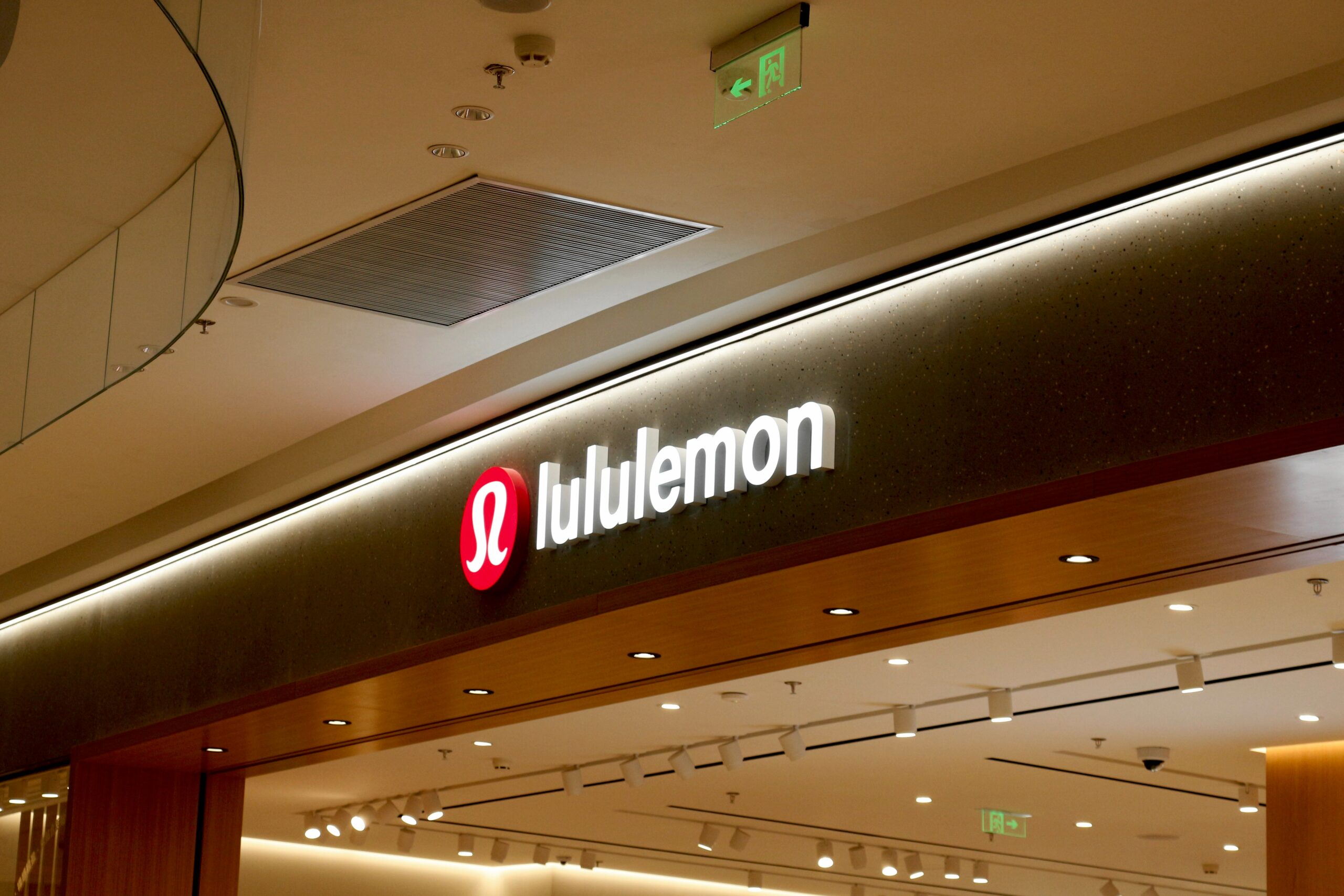Mark Zuckerberg and Donald Trump: A Strategic Realignment at Meta
By Maya Carter |

In recent months, a remarkable shift has been unfolding in the intersection of technology and politics. High-profile tech leaders, including Elon Musk, have signaled growing support for Donald Trump’s political agenda. Now, Mark Zuckerberg, the founder of Meta, has joined this wave with a bold pivot that could redefine his company’s role in the socio-political landscape.
This article delves into Zuckerberg’s strategic realignment, exploring the motivations, implications, and potential ramifications of his recent moves.
Zuckerberg’s Radical Shift
On January 7, Zuckerberg unveiled a dramatic change in Meta’s policies. Framing the shift as a defense of free speech, he emphasized the need to adapt to the “new cultural phase” marked by the recent elections. In a widely circulated video, Zuckerberg argued that prioritizing freedom of expression is essential for fostering a healthy democratic debate.
This move is particularly significant considering Meta’s previous stance, which leaned heavily toward content moderation and combating misinformation. By positioning Meta as a champion of free speech, Zuckerberg is aligning the company more closely with Trump’s political ethos and distancing it from prior practices that drew criticism from conservatives.
Reopening the Political Debate
One of the cornerstone initiatives of Zuckerberg’s new strategy is reopening Meta’s platforms to robust political discourse. With over 3.3 billion active users across its ecosystem, this decision carries profound implications.
A key aspect of this shift is the elimination of “fact-checking” on Meta platforms, a practice Zuckerberg deemed overly error-prone and restrictive. Instead, Meta will adopt a community-driven approach, allowing users to provide comments and context on posts. This model mirrors the strategy implemented by Musk’s X (formerly Twitter), further highlighting the growing ideological alignment between these tech moguls.
By stepping back from content moderation, Meta is recalibrating its role in shaping public opinion, effectively placing more power in the hands of its users. Critics, however, have raised concerns about the potential resurgence of misinformation and harmful content under this approach.
The Texas Move: A Conservative Pivot
In another significant move, Zuckerberg announced that Meta would relocate its content moderation operations from California to Texas. This decision is not merely logistical—it is deeply symbolic. California, known for its progressive stance, contrasts starkly with Texas, a conservative stronghold.
The relocation underscores Meta’s strategic shift away from liberal influences on the West Coast, signaling a clear alignment with conservative values. By situating key operations in Texas, Meta aims to create an operational environment that aligns with its renewed focus on free speech and minimal content regulation.
Criticism of the European Union
Zuckerberg has also been vocal about his discontent with the European Union’s regulatory framework. Accusing the bloc of fostering censorship and stifling innovation, he has aligned his rhetoric with Musk’s critique of European policies.
This stance reflects a broader trend among U.S. tech leaders who view the EU’s stringent regulations as a threat to the industry’s growth and competitiveness. By opposing these measures, Zuckerberg is reinforcing Meta’s commitment to a more laissez-faire approach to technology governance.
Navigating Relations with Brazil and Beyond
Zuckerberg’s alignment with Trump extends beyond domestic politics. Drawing parallels with Musk’s criticism of the Brazilian judiciary, Zuckerberg has condemned “secret courts” in South America and expressed a willingness to collaborate with Trump to challenge policies perceived as hostile to American tech companies.
This international dimension highlights Zuckerberg’s ambition to influence global policy and protect Meta’s interests in key markets.
Deteriorating Ties with the Biden Administration
Zuckerberg’s relationship with the Biden administration has soured in recent years. The tension escalated when Zuckerberg admitted to receiving pressure from the FBI to moderate stories related to Hunter Biden, the President’s son. Reflecting on the incident, Zuckerberg lamented the restrictions placed on Meta’s platforms and expressed regret over complying with what he described as unwarranted interference.
This strained relationship has likely contributed to Zuckerberg’s pivot toward Trump, whose policies may offer a more favorable environment for Meta’s operations.
2024 Elections: A Turning Point
Following Trump’s victory in the 2024 elections, Zuckerberg wasted no time in extending an olive branch. His visit to Mar-a-Lago to pledge financial support for Trump’s inauguration was a symbolic gesture of reconciliation and alignment.
This move marks a significant departure from Zuckerberg’s earlier skepticism of Trump’s policies, signaling a willingness to embrace a new political reality.
Tech Titans Aligning with Trump
Zuckerberg’s pivot is not an isolated phenomenon. Other influential tech leaders, including Jeff Bezos and Sam Altman, have also begun warming up to Trump. Bezos, once a vocal critic, has expressed interest in supporting Trump’s initiatives, reflecting a broader trend of tech leaders seeking to mend fences with the Republican establishment.
This alignment underscores a pragmatic recognition of the potential benefits of closer ties with the Trump administration, particularly in terms of regulatory relief and market opportunities.
The Implications for Tech and Politics
The realignment of tech giants like Zuckerberg signals a significant shift in the dynamics between the technology sector and political power in the United States. With a Republican administration on the horizon, these companies are recalibrating their strategies to navigate a complex regulatory and geopolitical landscape.
For Meta, this realignment could mean greater operational freedom and a stronger foothold in conservative markets. However, it also raises questions about the company’s role in shaping public discourse and its responsibility to combat misinformation.
A New Era in Tech-Politics Relations
The evolving relationship between technology leaders and the Trump administration heralds a new era in U.S. politics. As companies like Meta seek to adapt to a changing political climate, they are redefining their roles as both business entities and social influencers.
While the long-term implications of this realignment remain uncertain, one thing is clear: the intersection of technology and politics is becoming increasingly intertwined, with profound consequences for society at large.
Zuckerberg’s strategic pivot represents a bold gamble that could reshape Meta’s legacy and its influence on global discourse. Whether this move proves to be a masterstroke or a misstep will depend on how effectively Meta balances its business objectives with its social responsibilities in the years to come.
Maya Carter




